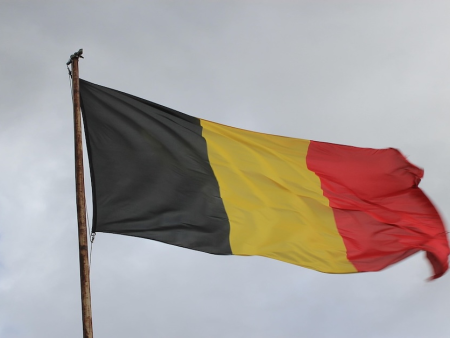Last updated on June 10th, 2025

The Kansspelautoriteit (KSA) has revealed plans to support four new initiatives specifically aimed at improving awareness and education regarding gambling addiction and problem gambling.
All four initiatives will be funded by the Addiction Prevention Fund (VPF) of the Netherlands, which in turn was established in 2021.
The first initiative will see the KSA fund a special digital training programme for professionals at the frontline, and this includes mental health workers, psychologists, debt advisors, and GPs, in a bid to assist them in identifying signs of problem gambling at early stages.
Helder op School (Clear at School) is the second project and a prevention initiative created by the Trimbos Institute, which specializes in addiction and mental health. The school-based Helder op School is set to provide educational resources and promote a healthy lifestyle for both parents and teachers to address potential gambling harm among students.
The third initiative will involve an outreach by the Dutch Professional Footballers’ Association (VVCS), and as such, will visit all football clubs from the Eredivisie and Eerste Divisie, including both the U19 and U21 teams, and deliver workshops aimed at raising gambling awareness. What is particularly exciting is that this initiative will feature conversations with professional players who have experienced gambling addiction, and will also include a public campaign that will shine a light on safety tools such as the Gamban blocking software and the Gokstop self-exclusion system.
The last initiative is specifically created to add resources for battling gambling addiction, added to the official website of Steffie, which is a platform specifically created to make online information easily accessible for individuals with limited digital skills or low literacy.
In an official statement, the Kansspelautoriteit (KSA) commented:
Through these four initiatives, the KSA underscores the importance of targeted education on gambling risks across different audiences. The authority aims both to raise awareness among young people and young adults and to equip healthcare professionals and footballers, who often serve as role models, to better address the issue.





